Werker 10 — Community Darkroom
–
2014
As part of the Communal Knowledge programme in 2014 The Showroom invited Werker Magazine to extend work and research that began as part of The Grand Domestic Revolution GOES ON in 2012 and related workshops with Justice for Domestic Workers that developed from this, Bilderkritik 2 and Work Like This.
Werker 10 — Community Darkroom takes place at The Showroom in collaboration with different groups from the neighbourhood: Phillip Wolmuth (North Paddington Community Darkroom), Ismail Ali (Seymour Arts), City of Westminster College, Migrant Resource Centre and Justice for Domestic Workers. It explores different collaborative practices that use photography as a medium to analyse contemporary issues of labour that deal in one way or another with invisibility. Youth and unemployment, domestic work, informal work, migrant work or the refusal of work are some of the subjects Werker 10 will explore.
A series of workshops and collective educational activities undertaken by Werker crystalised in an installation which was exhibited at The Showroom, 9 July – 16 August 2014, alongside Christian Nyampeta: How to Live Together — Prototypes.
Community Darkroom has an international scope, with Werker currently preparing workshops in Spain, France and Morocco to generate bridges between different geographies and working contexts.
This project was commissioned as part of Communual Knowledge.
Communal Knowledge is generously supported by Paul Hamlyn Foundation, City Bridge Trust, the City of London Corporation’s Charity, John Lyon’s Charity, Esmée Fairbairn Foundation, Arts Council England and The Showroom Supporters
Werker 10 — Community Darkroom has been additionally supported by Mondriaan Foundation Scheme
In collaboration with Justice for Domestic Workers, Migrant Resource Centre, City of Westminster College, 60 Penfold and The Independent Workers Union of Great Britain (IWGB)
Related
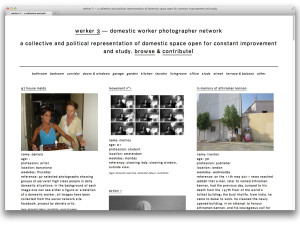
Event
Werker 3: Bilderkritik 2 with Justice for Domestic Workers
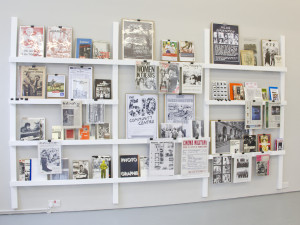
Event
Independent Workers of Great Britain
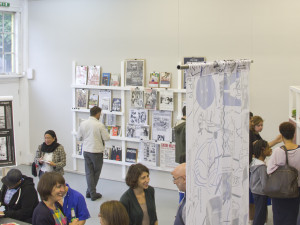
Event
Communal Knowledge: is this working?
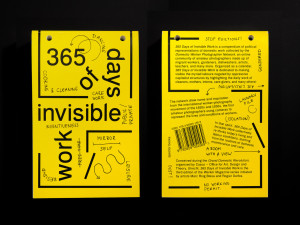
Event
365 Days of Invisible Work
, –
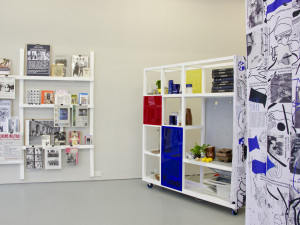
Exhibition
Werker 10: Community Darkroom and Christian Nyampeta: How to Live Together – Prototypes
–
Film looking at The Showroom’s local work
Video
Film looking at The Showroom’s local work